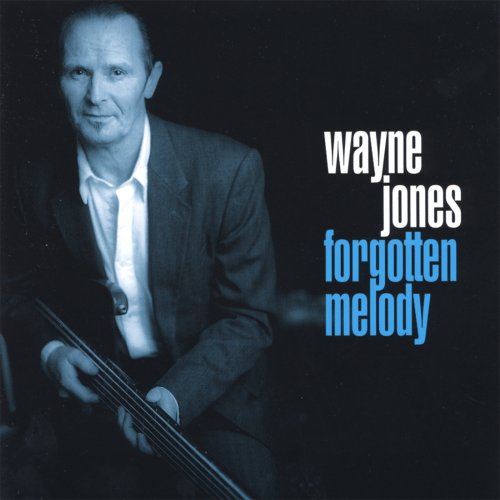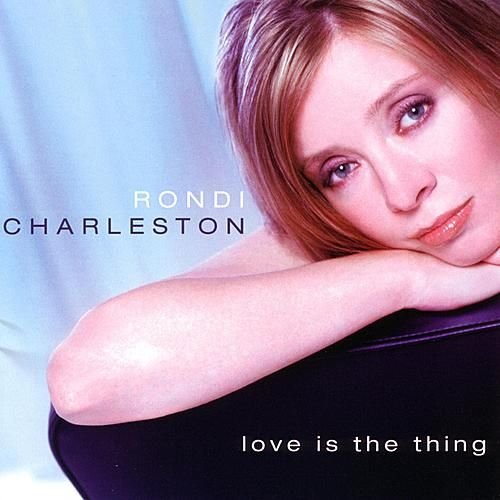Michel Plasson - Offenbach: Orphee aux Enfers (1987)
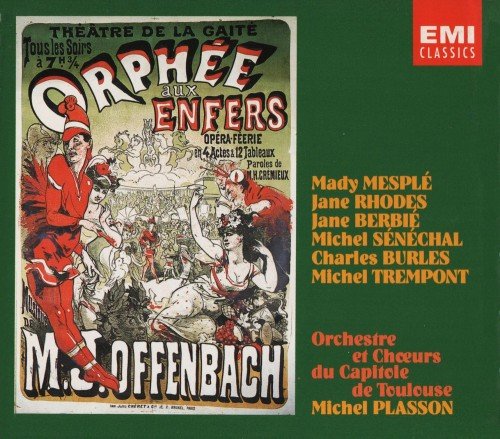
Artist: Michel Plasson
Title: Offenbach: Orphee aux Enfers
Year Of Release: 1987
Label: EMI Classics
Genre: Classical
Quality: FLAC (image + .cue, log, artwork)
Total Time: 02:20:09
Total Size: 575 MB
WebSite: Album Preview
Tracklist:Title: Offenbach: Orphee aux Enfers
Year Of Release: 1987
Label: EMI Classics
Genre: Classical
Quality: FLAC (image + .cue, log, artwork)
Total Time: 02:20:09
Total Size: 575 MB
WebSite: Album Preview
CD 1
01 Ouverture 2:50
02 Act I - No.1 - Choeur Des Bergers Et Scene Du Conseil Municipal 6:15
03 No.2 - Couplets Du Berger Joli 3:06
04 No.2 - Dialogue 0:54
05 No.3 - Duo Du Concerto 6:46
06 No.3 - Dialogue 0:36
07 No.4 - Balet Pastoral 7:59
08 No.5 - Chanson D'Aristee 4:39
09 No.5 bis - Sortie Des Bergers (Dialgue) 1:14
10 No.5 ter - Melodrame (Dialogue) 1:05
11 No.6 - Invocation A la Mort 2:01
12 No.6 - Melodrame (Dialogue) 1:14
13 No.7 - Final 11:43
14 Act II - No.8 - Entr'acte Et Choeur Du Sommeil 2:17
15 No.9 - Couplets 4:03
16 No.10 - Divertissement, Tournee de Morphee 7:23
17 No.11 - Reveil Des Dieux Et Couplets de Diane 4:36
CD 2
01 Act II - No.12 - Rondo Saltarelle 2:19
02 No.12 - Dialogue 0:32
03 No.12 bis - Entree Du Pluton 0:22
04 No.13 - Air En Prose de Pluton 3:17
05 No.13 - Dialogue 0:19
06 No.14 - Choeur de la Revolte 1:51
07 No.14 - Dialogue 0:45
08 No.15 - Rondeau Des Metamorphoses 1:46
09 No.15 - Dialogue 0:28
10 No.16 - Grand Final 9:01
11 No.17 - Entr'acte 1:06
12 Act III - No.18 - Couplets Des Regrets 2:16
13 No.18 - Dialogue 1:17
14 No.19 - Couplets Du Roi de Beotie 1:55
15 No.19 - Melodrame 1:04
16 No.20 - Septuor Du Tribunal 2:08
17 No.20 - Dialogue 1:39
18 No.21 - Ronde Des Policemen 1:17
19 No.22 - Recit Et Couplets Des Baisers 5:10
20 No.22 - Dialogue 0:54
21 No.23 - Petite Ronde de Bourdon 2:05
22 No.24 - Duo de la Mouche 5:47
23 No.24 - Dialogue 0:57
24 No.25 - Scene Des Mouches 1:26
25 No.25 - Dialogue 0:47
26 Act IV - No.25 - Galop 1:59
27 No.26 - Choeur Infernal 3:05
28 No.27 - Hymne A Bacchus 3:01
29 No.28 - Menuet Et Galop Infernal 5:10
30 No.28 - Dialogue 1:14
31 No.29 - Melodrame 2:29
32 No.30 - Final 2:50
Michel Plasson is one of the most important French conductors from the later twentieth and early twenty-first centuries. He is well known for his interpretations of French opera, particularly those of Gounod and Massenet. He has also received praise for his work in the choral music of Duruflé and Fauré, and the orchestral works of Magnard, Ravel, and other French composers. He has not, however, limited himself to the French repertory, having conducted (and recorded) the Rachmaninov piano concertos with soloist Jean-Philippe Collard, the Brahms Schicksalslied, and works by Wagner and Verdi.
Plasson was born into a family of musicians. He showed unusual talent on piano as a child and took lessons from Lazare Lévy. He later enrolled at the Paris Conservatory, where he studied composition and percussion. In 1962, he received first prize in conducting at Besançon, then, at the suggestion of Charles Münch, traveled to the United States to study conducting for the next several years with Erich Leinsdorf, Pierre Monteux, and Leopold Stokowski.
Plasson's first major appointment came in 1966 when he was engaged to become musical director at Metz, a post he held for two years. In 1968, he accepted the dual conducting assignments of director of the orchestra and of the Théâtre du Capitole de Toulouse. In 1974, Plasson initiated a refurbishing effort on the Halle aux Grains, increasing its seating capacity to 3,000; upon completion of the project in 1977, he moved his orchestral operations there. Fidelio was the first important opera he conducted in the new hall. In 1979, he debuted at Covent Garden to critical acclaim and by the early 1980s had developed a concert schedule laden with so many guest appearances that in 1983 he had to resign his post as director of the Théâtre du Capitole de Toulouse, although he retained the orchestral directorship there. This move in no way signaled a reduced focus on opera by Plasson: in 1985, for example, he performed Puccini's Turandot to great acclaim and the following year, the Verdi Requiem, which he went on to record for EMI with his Toulouse ensemble and a quartet of soloists led by Julia Varady. In 1987, Plasson took on another conducting post, that of principal guest conductor of the Zurich Tonhalle Orchestra. Then in 1994, he accepted the position as music director of the Dresden Philharmonic Orchestra, which he concurrently held with his music directorship in Toulouse. All through the 1990s, his recording activity remained intense, especially in his Massenet series of operas. In 1999, he left the Dresden Philharmonic, but retained his long-held French post. Up until his retirement In 2003, Plasson made numerous guest conducting appearances with various European and American orchestras, in addition to conducting at the world's most prominent opera houses, including the Met, the Chicago Lyric Opera, Covent Garden, and many others. Plasson has made about 50 recordings for EMI and a fair number for other labels as well. With his retirement, Plasson finally relinquished his long held post as music director of the Orchestre Capitole de Toulouse, but remains its Honorary Conductor. -- Robert Cummings
Plasson was born into a family of musicians. He showed unusual talent on piano as a child and took lessons from Lazare Lévy. He later enrolled at the Paris Conservatory, where he studied composition and percussion. In 1962, he received first prize in conducting at Besançon, then, at the suggestion of Charles Münch, traveled to the United States to study conducting for the next several years with Erich Leinsdorf, Pierre Monteux, and Leopold Stokowski.
Plasson's first major appointment came in 1966 when he was engaged to become musical director at Metz, a post he held for two years. In 1968, he accepted the dual conducting assignments of director of the orchestra and of the Théâtre du Capitole de Toulouse. In 1974, Plasson initiated a refurbishing effort on the Halle aux Grains, increasing its seating capacity to 3,000; upon completion of the project in 1977, he moved his orchestral operations there. Fidelio was the first important opera he conducted in the new hall. In 1979, he debuted at Covent Garden to critical acclaim and by the early 1980s had developed a concert schedule laden with so many guest appearances that in 1983 he had to resign his post as director of the Théâtre du Capitole de Toulouse, although he retained the orchestral directorship there. This move in no way signaled a reduced focus on opera by Plasson: in 1985, for example, he performed Puccini's Turandot to great acclaim and the following year, the Verdi Requiem, which he went on to record for EMI with his Toulouse ensemble and a quartet of soloists led by Julia Varady. In 1987, Plasson took on another conducting post, that of principal guest conductor of the Zurich Tonhalle Orchestra. Then in 1994, he accepted the position as music director of the Dresden Philharmonic Orchestra, which he concurrently held with his music directorship in Toulouse. All through the 1990s, his recording activity remained intense, especially in his Massenet series of operas. In 1999, he left the Dresden Philharmonic, but retained his long-held French post. Up until his retirement In 2003, Plasson made numerous guest conducting appearances with various European and American orchestras, in addition to conducting at the world's most prominent opera houses, including the Met, the Chicago Lyric Opera, Covent Garden, and many others. Plasson has made about 50 recordings for EMI and a fair number for other labels as well. With his retirement, Plasson finally relinquished his long held post as music director of the Orchestre Capitole de Toulouse, but remains its Honorary Conductor. -- Robert Cummings
Related Release:
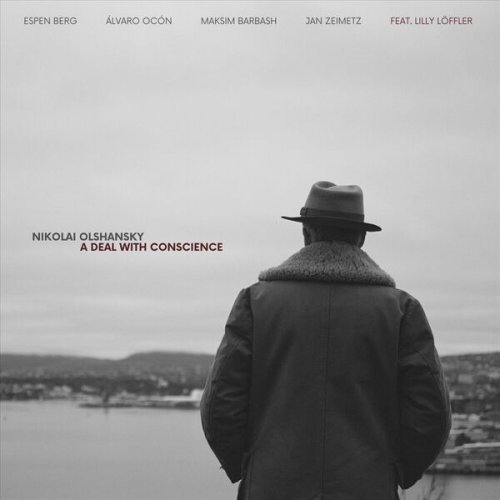
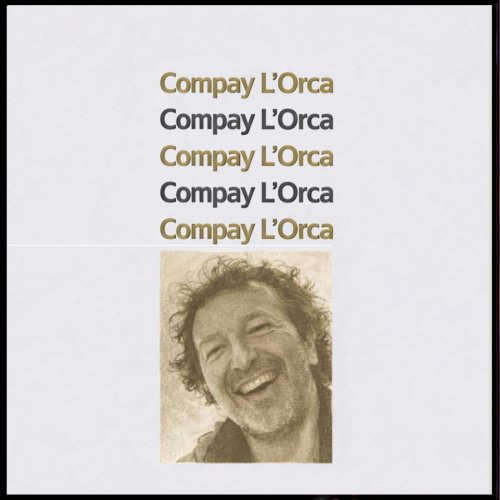


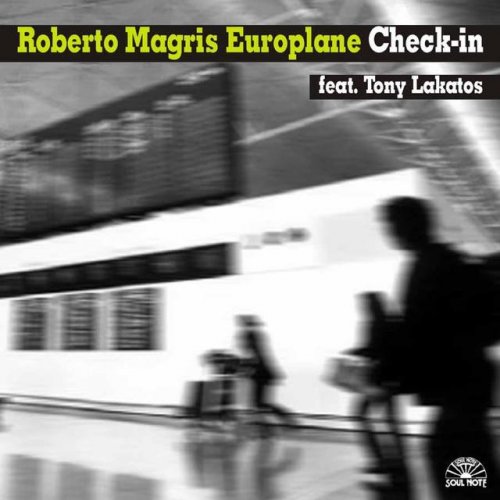
![Gegè Telesforo - FunSlowRide (Remastered 2025) (2026) [Hi-Res] Gegè Telesforo - FunSlowRide (Remastered 2025) (2026) [Hi-Res]](https://www.dibpic.com/uploads/posts/2026-01/1769769552_cover.jpg)
![Martin Wind - Stars (2026) [Hi-Res] Martin Wind - Stars (2026) [Hi-Res]](https://www.dibpic.com/uploads/posts/2026-01/1769707781_cover.jpg)
